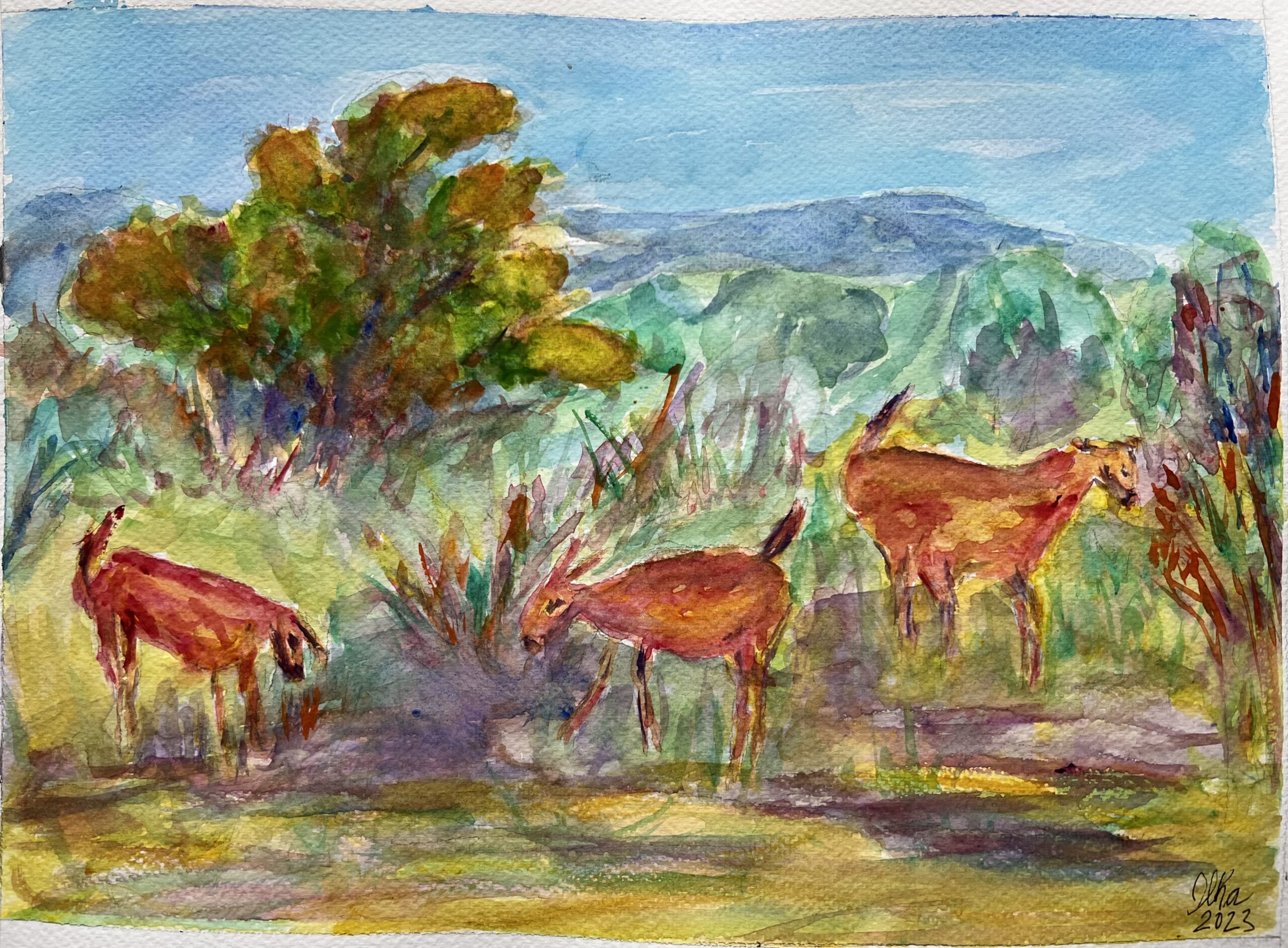Translated by Marvin Najarro
She just needs to tie the shoelaces of her snickers and she will be ready; with her neatly ironed uniform and carefully tied up hair, Soledad is about to start her third job. She takes a look from behind the kitchen’s door and sees that the room is full to bursting; she estimates there are at least five hundred persons that have to be served by six waiters; three women, and three men.
In the mornings she works as a seamstress in a laundromat, the mending she does fatten the business owner’s wallet; he pays her a meager salary, but it helps her to pay for the house she rents with her children. In the afternoons she cleans houses, and then she rushes to the banquette hall where she works at night, another place where she is paid less than the minimum wage, as is the case with most undocumented immigrants in the country.
She migrated thirty-five years ago, when she was forty-five-years old. For the undocumented in the United States time goes by faster than for anybody else, when they realize, they already have spent decades without seeing their relatives in their countries of origin, and the young babies they left behind in no time have turned them into grandfathers. Soledad’s story is not much different from the others, only that she was able, with great effort, to bring her children, who entered the country without documents.
Born in Huitán, Quetzaltenango, Guatemala, Soledad, who is part of the Man ethnic group, speaks her maternal language only with her children; because during the years she has been in the country she hasn’t meet anybody from her ethnic group. She barely speaks some basic English words; what she learned in the United States was Spanish, because she is surrounded by Mexicans, and Central Americans.
She has never bought a pair of new shoes; the money she saved was used to bring her children, who like her work serving meals in the evenings, but in different places. Her grandchildren were born in the United States, and they didn’t want to learn their parent’s and grandmother’s language, they speak English, and when they speak Spanish they do it like Mexicans. None of the grandchildren want to go to college, which makes Soledad feel sad, because she sees her effort go to waste.
The other day her eldest daughter gave her money so that she finally can get the denture that she needs to chew well and, moreover, her gums don’t hurt every time she chews her food; but with the arthritis affecting her knees, hips and wrists, there is nothing they can do about it. Soledad has to endure the pain and keep working; otherwise they would not be able to pay the rent.
She finishes tying her hair up, and takes the first tray with salad dishes that she places on the tables, the night will be long, and it is just beginning. Soledad is about to turn eighty, she feels worn out, and would like that her working nights end at dusk, and not at dawn, as has happened to her for more than twenty years. But that day will come, she always thinks, while she keeps bringing trays with food for the happy diners and partygoers. At dawn, when everybody has already left, her children take charge of cleaning up the place
Soledad did not expect this kind of life for her children, nor the overwhelming hopelessness she experiences now with her grandchildren, but she is sure about something: that her life in the United States is better than in Guatemala, where in addition to poverty, her grandchildren would have experienced the extreme racism that the mestizo feels against the indigenous persons. Soledad does not stop believing that someday things will get better, and she will get the papers and go to visit her only sister who has been waiting for her since the day she left, but in the meantime she continues with the daily grind that describes the everyday life of the undocumented immigrant.
If you share this text in another website and/or social media, please cite the original source and URL: https://cronicasdeunainquilina.com
Ilka Oliva-Corado @ilkaolivacorado






